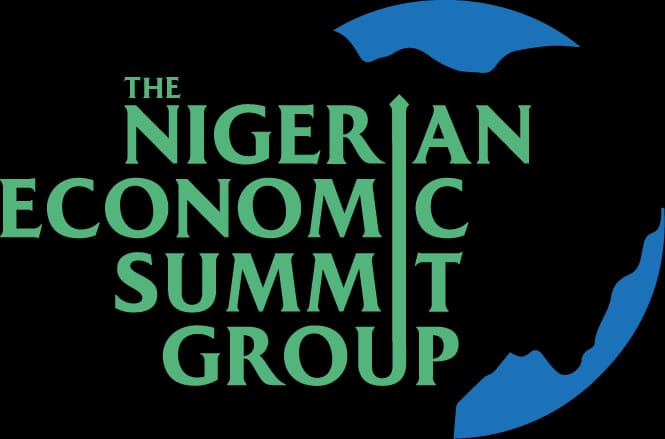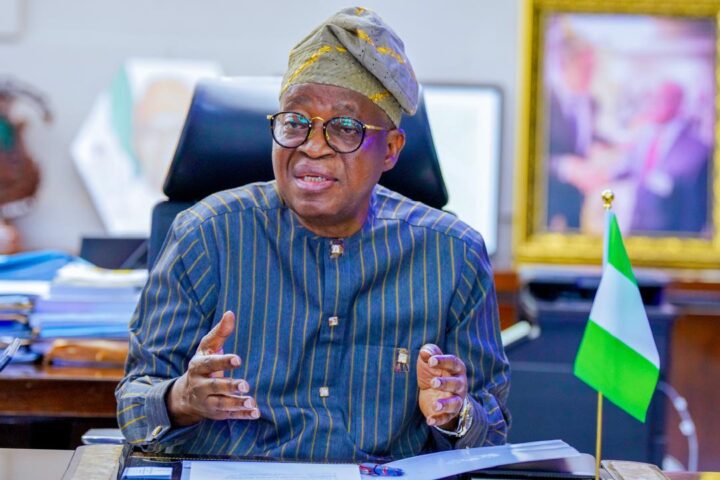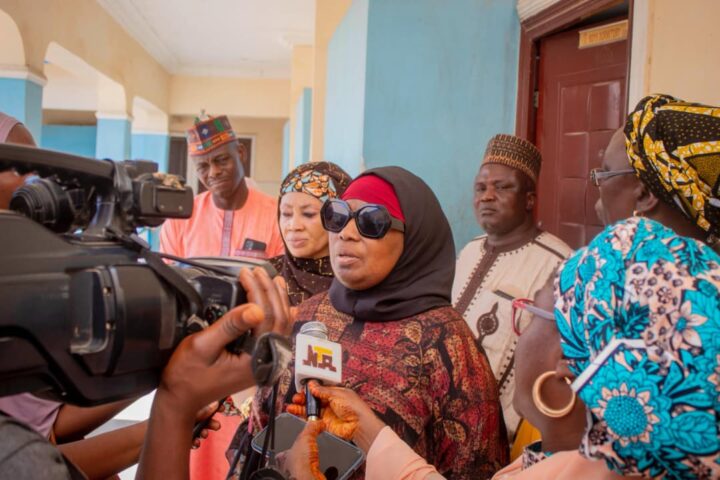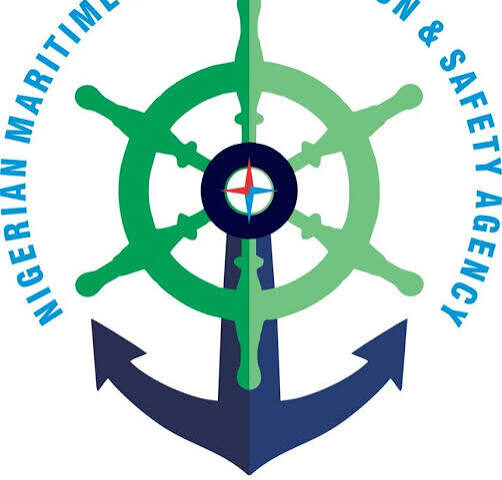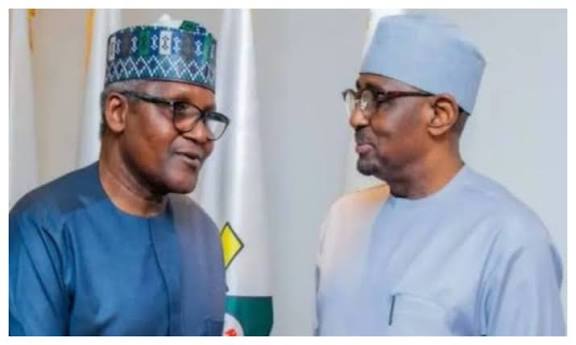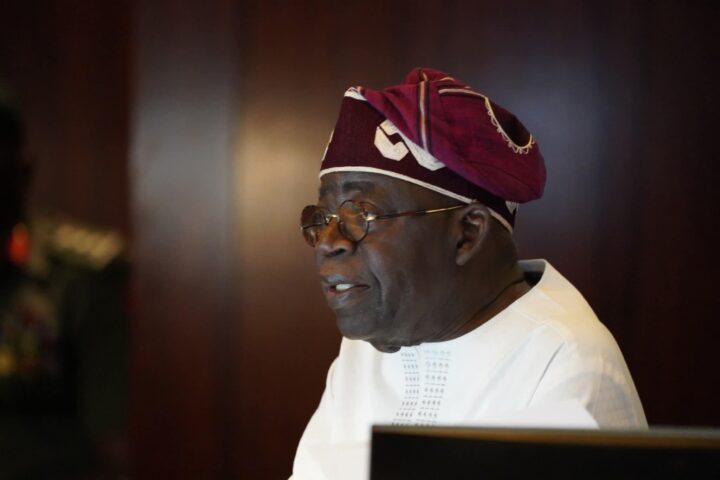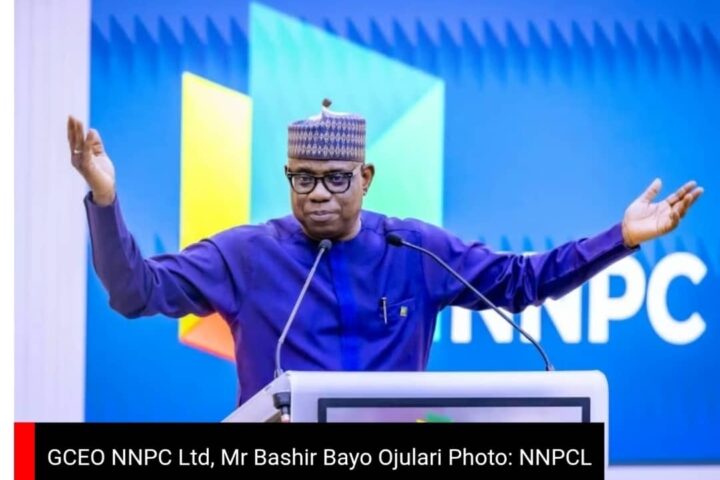The Nigerian Economic Summit Group (NESG), through its Trade, Investment and Competitiveness Policy Commission, in partnershio with the Federal Ministry of Budget and Economic Planning, has organised a dialogue on building Nigeria’s soft infrastructure for competitiveness.
Organized ahead of the 31st Nigerian Economic Summit (NES #31), the theme of the pre-Summit event which was, “Building Nigeria’s Soft Infrastructure for Competitiveness.”
Policymakers, business leaders, academics, and practitioners, who attended the event, examined strategies for strengthening Nigeria’s logistics and supply chain systems as a foundation for trade competitiveness, industrialisation, and integration into regional and global value chains.
The speakers emphasized that these inefficiencies not only stifle competitiveness but also discourage investment and limit Nigeria’s ability to harness opportunities in regional and global markets.
Dr. Uchenna Ogbonna, Executive Director of the Ernest Shonekan Centre for Legislative Reforms and Economic Development, noted that while physical infrastructure deficits such as roads and ports attract attention, equally critical gaps in soft infrastructure remain overlooked.
According to him, building collaborative ecosystems between public and private stakeholders is key to fostering high-quality, affordable, and accessible supply chains.
Speaking, Mrs. Mfon Ekong Usoro, President of the Chartered Institute of Logistics and Transport, highlighted the urgent need for professional training, human capital investment, and automation in logistics systems, stressing that logistics is the lifeblood of trade, growth, and job creation.
Dr. Andre Kreie, Managing Director of LEARN Logistics by Kühne Foundation, advocated stronger public-private partnerships with universities to create scalable training programmes that would produce globally competitive professionals.
Dr. Obiora Madu, Executive Chair of Multimix Academy, outlined six critical pillars for effective logistics, including efficient port access, congestion management, and timely delivery of services.
He contend that gaps in these areas remain as constraining as physical infrastructure deficits.
Dr. Olumuyiwa Alaba described logistics as the “lubricant of any economy,” citing glaring disparities in port charges across West Africa.
He noted that while a ship pays about $200,000 to berth in Lagos, the same process costs just $15,000 in Ghana, a gap that undermines Nigeria’s competitiveness.
He implored government agencies to shift from revenue-chasing to trade facilitation, warning that bureaucratic bottlenecks and inter-agency rivalries continue to frustrate reforms such as the Executive Order on Ease of Doing Business.


